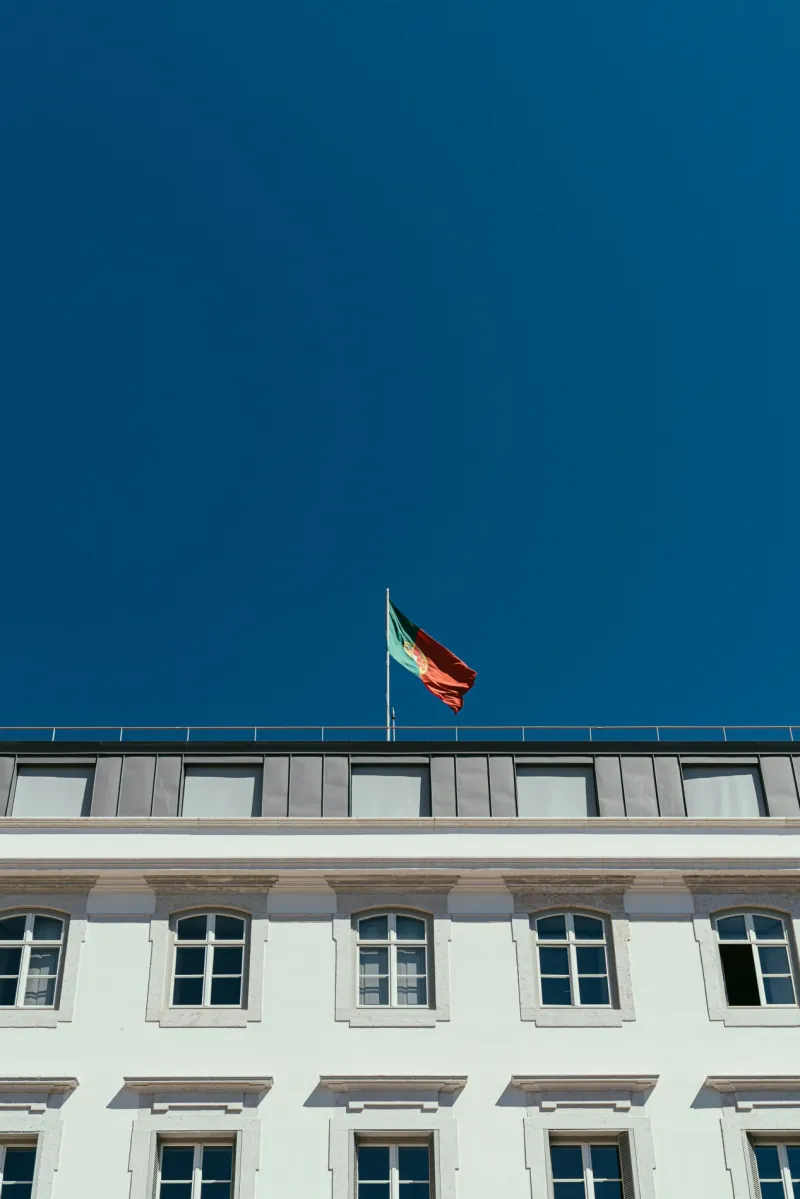Publications
Amendments to Portugal's Nationality Law - What Is Expected to Change
1. Introduction
Bill No. 1/XVII/1, recently approved by the Council of Ministers, proposes the 11th amendment to the Nationality Law (Law No. 37/81, of October 3rd). It reflects a legislative approach oriented toward tightening immigration policies in Portugal. The proposal entails a profound reformulation of the rules on the attribution, acquisition, loss, and consolidation of Portuguese nationality, having triggered a significant legal debate, particularly from a constitutional perspective.
This article presents a critical analysis of the main proposed changes, focusing on their legal, constitutional, and administrative implications.
2. Original Nationality: Changes to Jus Soli and the Rights of Grandchildren of Portuguese Nationals
The proposal eliminates the automatic attribution of nationality based on jus soli. Under the new legal framework, children of foreign parents born in Portugal will only be granted nationality if the following two conditions are cumulatively met:
- At least three years of legal residence by one of the parents;
- An express declaration of will by the parents regarding the attribution of nationality.
The requirement of valid documentary proof of legal residence strengthens administrative control of the process, excluding the admissibility of identification documents not accompanied by a residence permit.
As for derived nationality granted to grandchildren of Portuguese nationals, new substantive requirements are introduced, including:
- Mastery of the Portuguese language and culture;
- Knowledge of fundamental rights and duties, and of the political-constitutional organization of the State.
This represents a more rigorous interpretation of the criterion of “effective connection to the national community,” which had historically been interpreted broadly by the courts.
3. Naturalization: New Requirements and Constitutional Framework
Acquisition of nationality by naturalization becomes subject to stricter conditions, namely:
- Effective legal residence for seven years for CPLP nationals, and ten years for all other foreigners;
- Mandatory tests on:
- The Portuguese language and national culture;
- Fundamental rights and duties enshrined in the Constitution;
- The organization of the democratic State;
- Formal declaration of adherence to the principles of the Democratic Rule of Law.
Additionally, the provision allowing naturalization of individuals with prison sentences under three years is repealed. Under the new rules, any individual with an effective prison sentence is excluded, regardless of its length, raising potential constitutional concerns regarding proportionality and individualized justice.
Another relevant change concerns the start date for counting the period of legal residence, which will now be based on the issuance date of the residence permit, rather than the date of entry into national territory or expression of interest. This aims to prevent interpretative abuse and harmonize administrative criteria.
4. Elimination of the Special Regime for Descendants of Sephardic Jews and Limitation of Nationality by Ancestry
The proposal expressly eliminates the possibility of acquiring nationality based on descent from Sephardic Jews expelled from Portugal, thereby revoking one of the most symbolic historical justice mechanisms adopted in recent decades. This revocation has been strongly criticized by civil society organizations, who consider it abrupt and disproportionate.
Similarly, the proposal limits nationality by ancestry to great-grandchildren, excluding subsequent generations (e.g., great-great-grandchildren). This restriction contrasts with earlier, broader interpretations of direct descent and may be subject to legal challenges.
5. Loss of Nationality: Introduction of Judicial Revocation Regime
One of the most constitutionally sensitive changes is the introduction of the possibility of judicial revocation of Portuguese nationality as an ancillary penalty, under the following conditions:
- Applies only to individuals naturalized less than ten years ago;
- Requires a final conviction for an intentional crime punishable by five or more years of imprisonment;
- The decision is discretionary and made by a judge, who must weigh the individual’s level of integration in Portuguese society;
- Revocation includes a ten-year prohibition on applying for naturalization again.
This measure has attracted criticism due to concerns over its compatibility with the principles of equality, proportionality, and the guarantee of nationality as a fundamental right under Article 26 of the Portuguese Constitution.
6. Transitional Regime and Temporal Application
The legal changes will come into effect on the day following the publication of the law, except for nationality applications based on length of residence, which will be governed by the new law only if submitted after June 19, 2025.
This transitional rule aims to safeguard the principle of legitimate expectations, as enshrined in constitutional case law, and to prevent a massive influx of applications just before the new legislation takes effect.
7. Final Considerations: Constitutional Framework and Legal-Administrative Implications
The proposed amendments to the Nationality Law reflect a clear legislative choice for a more restrictive and security-driven approach in defining access to Portuguese citizenship.
From a constitutional perspective, three areas merit critical analysis:
- Possible violation of the principle of non-discrimination, particularly in the different residence periods required for CPLP and non-CPLP nationals;
- Potential unconstitutionality of nationality loss by judicial decision, especially when applied to individuals who, despite recent naturalization, demonstrate effective integration in Portuguese society;
- Increased pressure on administrative services, particularly registry offices and civil registration services, which already face significant operational constraints.
In summary, the proposed amendment to the Nationality Law represents one of the most significant legal shifts in citizenship policy since 1981.
Its parliamentary process will be decisive in shaping the final framework, and an intense debate is expected both in the Assembly of the Republic and in the public sphere.
The adoption of a more restrictive regime demands careful scrutiny of its compliance with the foundational principles of the Democratic Rule of Law and respect for the fundamental rights of the individuals affected.
